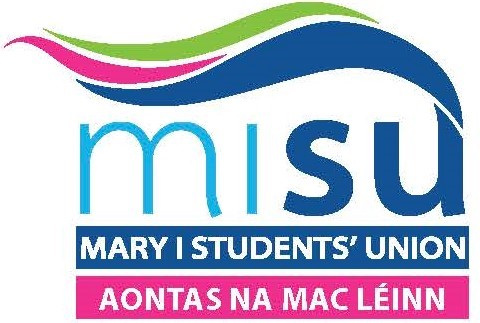Plagiarism is the act of presenting another person's work as if it were your own. This can even happen accidentally if you have not referenced correctly.
MIC's guidelines give very clear instructions about what is considered plagiarism and you should make sure you understand how to reference your work properly. Dr. Paul O'Brien from the Academic Learning Centre (ALC) has provided some tips and resources on how you can avoid plagiarising in your assignments
Leave plenty of time
Do not leave your work until the last minute. Leaving time for thorough proofreading will allow you to spot any issues with referencing.
Reference your notes
When you are researching your topic, make sure you take down full details of your sources as you go along. If you're using direct quotations make a note of the page numbers too.
Use your own words
This helps you to engage more with the material. Don't worry that another author can 'say it better than you: your lecturers are interested in your ideas and opinions, and do not expect a perfect writing style. Your writing style comes with experience and practice.
Reference as you go
When you're writing your assignment, include the references as you go along. Remember to follow the preferred referencing system i.e., Harvard, APA, or footnotes.
Check your references
If you have used direct quotes, make sure you have used quotation marks. Make sure any long quotes are indented and have a citation. Double-check your references and bibliography.
Get help for free
The College offers free services to help you with your writing – the Academic Learning Centre – either in person or online – will read your work and check it for plagiarism. Usually a one-day turnaround. Email: This email address is being protected from spambots. You need JavaScript enabled to view it.
